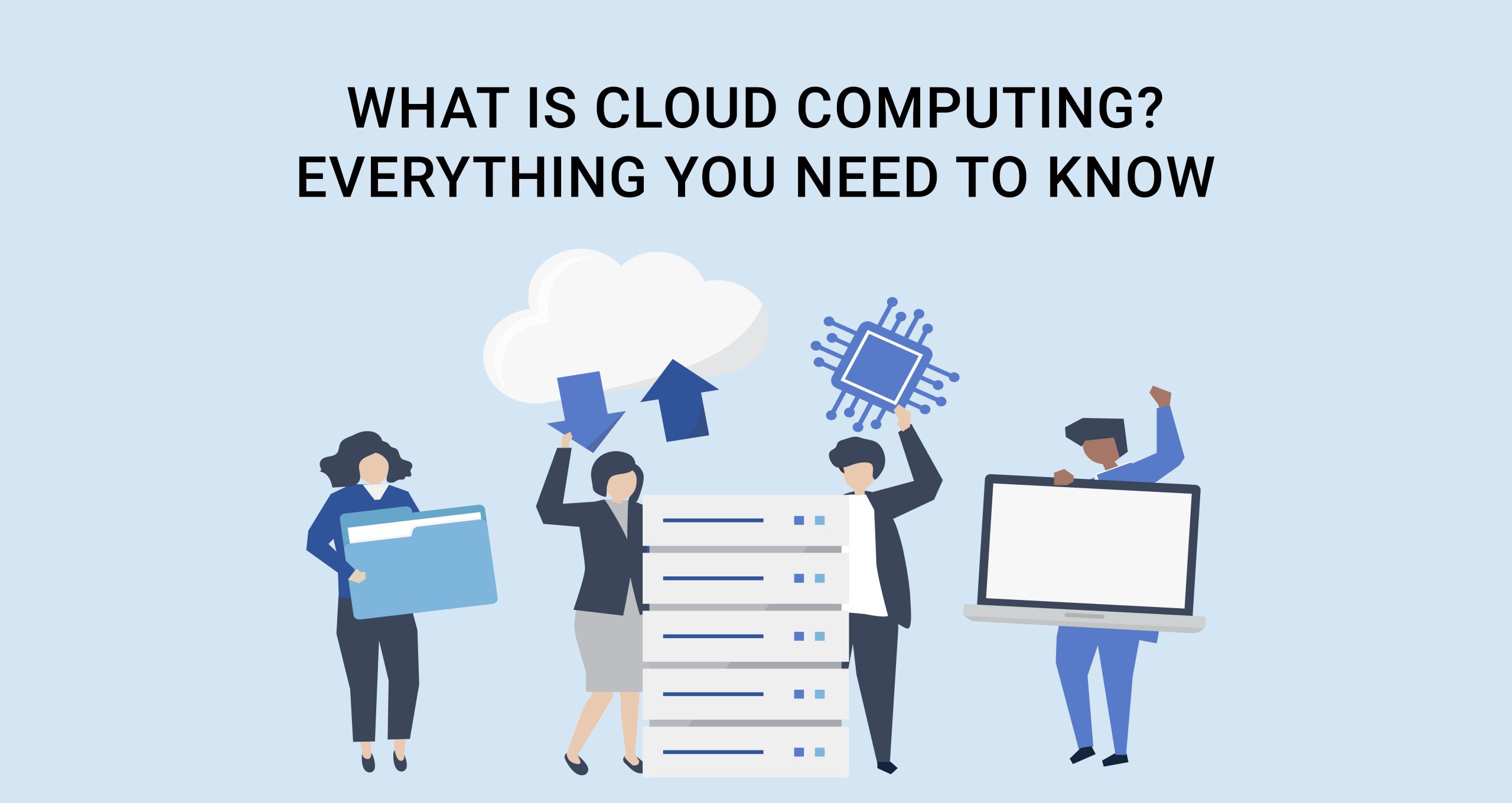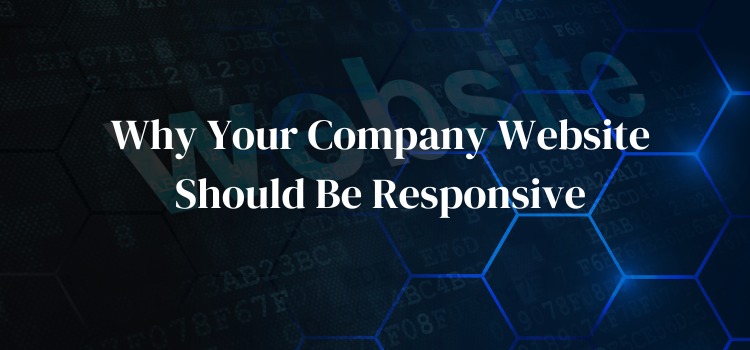
Cloud computing is a widely used term in the technology and business realms. Despite being around for some time, it remains a prominent topic for IT experts and companies. This is due to its crucial role in modern business operations, revolutionizing organizational processes.
Cloud Computing delivers computing services via the internet, including servers, storage, databases, software, analytics, and more. It employs a pay-per-use model and enables remote access to computing resources, eliminating the need for managing or maintaining personal IT infrastructure.
The cloud is typically classified into three types of services: Infrastructure as a Service (IaaS), Platform as a Service (PaaS), and Software as a Service (SaaS).
1. Software as a Service (SaaS)
Software as a Service (SaaS) is a cloud computing service that has become increasingly popular among businesses. It enables companies to access application software and databases without having to worry about the maintenance and management of infrastructure. This responsibility lies with a third-party provider who will install, license, and maintain the hardware and software required to make it accessible to end-users through the internet.
With SaaS, businesses no longer need to invest in expensive hardware or software licenses, as they can simply access what they need on-demand, on a subscription basis. This provides businesses with increased flexibility and scalability, allowing them to scale their operations up or down as needed, without having to worry about maintaining the infrastructure required to support their operations.
2. Platform as a Service (PaaS):
It is a cloud computi ng service that offers businesses the ability to configure the settings for the application-hosting environment without affecting the underlying infrastructure, such as the network, servers, operating systems, or storage. This allows businesses to have more control over their applications and to customize their environment to meet their specific needs.
PaaS providers offer a wide range of services to businesses, such as development tools, database management, and middleware. This provides businesses with the ability to customize their environment to meet their specific needs, without having to invest in expensive hardware or software.
3. Infrastructure as a Service (IaaS):
is a cloud computing service that allows businesses to outsource the delivery of computer infrastructure to support their internal business processes. This service model offers businesses the greatest degree of flexibility, allowing them to access the fundamental virtualized IT functions they need without having to worry about the underlying infrastructure required to support their operations.
One of the key advantages of IaaS is that it provides businesses with a high degree of flexibility, allowing them to customize their infrastructure to meet their specific needs. This not only provides businesses with a competitive advantage but also allows them to focus on their core competencies, such as innovation and customer service.
Cloud computing offers numerous benefits, including increased flexibility and scalability, reduced infrastructure costs, and improved security and reliability. Cloud computing also enables businesses to quickly deploy new applications and services, collaborate more easily, and access powerful computing resources on demand.
Some of the popular cloud computing providers include Amazon Web Services (AWS), Microsoft Azure, Google Cloud Platform (GCP), and IBM Cloud. These providers offer a wide range of services and pricing options to meet the needs of various businesses and industries.
Private, Public and Hybrid Cloud
When it comes to cloud computing, businesses have a choice between three deployment strategies: private, public, and hybrid. Each model provides customers with access to their business-critical documents and software from any location, at any time. However, the right choice of a cloud deployment model for your business depends on several factors such as scalability, cost-effectiveness, data storage, transmission, etc.
Private Cloud
Private clouds are a cloud computing deployment model that serves a single entity, providing greater control and security over data and applications. Some companies choose to build and manage their own private cloud environments, while others rely on service providers to do so.
In some industries, such as healthcare and finance, strict regulations govern the handling of sensitive data. For these organizations, private clouds provide a necessary level of control and security, allowing them to meet compliance requirements and maintain the privacy of their customer’s data.
Public Cloud
Public clouds are a type of cloud computing deployment model that is hosted by cloud service providers and distributed across the open internet. This model enables customers to avoid the cost and hassle of buying, operating, and maintaining their own IT infrastructure by utilizing the services provided by the cloud service provider.
Moreover, public clouds offer a high level of scalability and flexibility, allowing businesses to quickly and easily scale their computing resources up or down as needed. This is particularly useful for businesses with fluctuating computing demands or those that experience spikes in traffic or workload.
Hybrid Cloud
Hybrid clouds are a type of cloud computing deployment model that combines one or more public clouds with private clouds. This approach allows organizations to leverage the benefits of both deployment models while addressing specific business needs and requirements.
By using a hybrid cloud, companies can keep sensitive data on a private cloud while leveraging the scalability and cost savings of a public cloud for less sensitive applications. For example, an organization may want to keep its legally required data on a private cloud, while hosting its CRM system on a public cloud for ease of access and scalability.
Selecting A Trustworthy Cloud Computing Service Provider
When it comes to selecting a cloud computing service provider, it’s crucial to pick the right model or service that suits your business requirements. With numerous cloud computing options available, you should consider the different services that fit your daily business operations and complement each other.
Selecting a cloud service provider can be challenging, and your decision should be based on your immediate and long-term business objectives. Furthermore, you should ensure that the transition to the cloud is seamless, with minimal disruption and cost to your organization.
In this regard, it is worth mentioning that Versatile Mobitech can be an excellent choice. The company offers a range of cloud computing solutions that are tailored to meet the unique needs of businesses of all sizes. Whether you need infrastructure as a service (IaaS), platform as a service (PaaS), or software as a service (SaaS), Versatile Mobitech can help you select the right cloud computing model to suit your business objectives.
The Versatile Mobitech team of cloud computing experts can provide you with comprehensive guidance on how to integrate cloud computing into your daily operations, and ensure that the transition is as smooth as possible. With their expertise and experience, you can rest assured that you are in good hands when it comes to choosing the right cloud computing solution for your business.
Feel free to get in touch with us:
Email: sales@versatilemobitech.com
Visit our website: https://www.versatilemobitech.com/
Like us on Facebook: https://www.facebook.com/versatilemobitech
Subscribe
Subscribe to our blog and never miss our latest updates

Mobile App Development Company Dallas, Texas

Best Mobile App Development Company in UAE

DeepSeek – Everything You Need to Know About This

Why Your Company Website Should Be Responsive

 +91 970 193 0011
+91 970 193 0011 +1 934 221 7261
+1 934 221 7261 +971 55 316 6156
+971 55 316 6156




